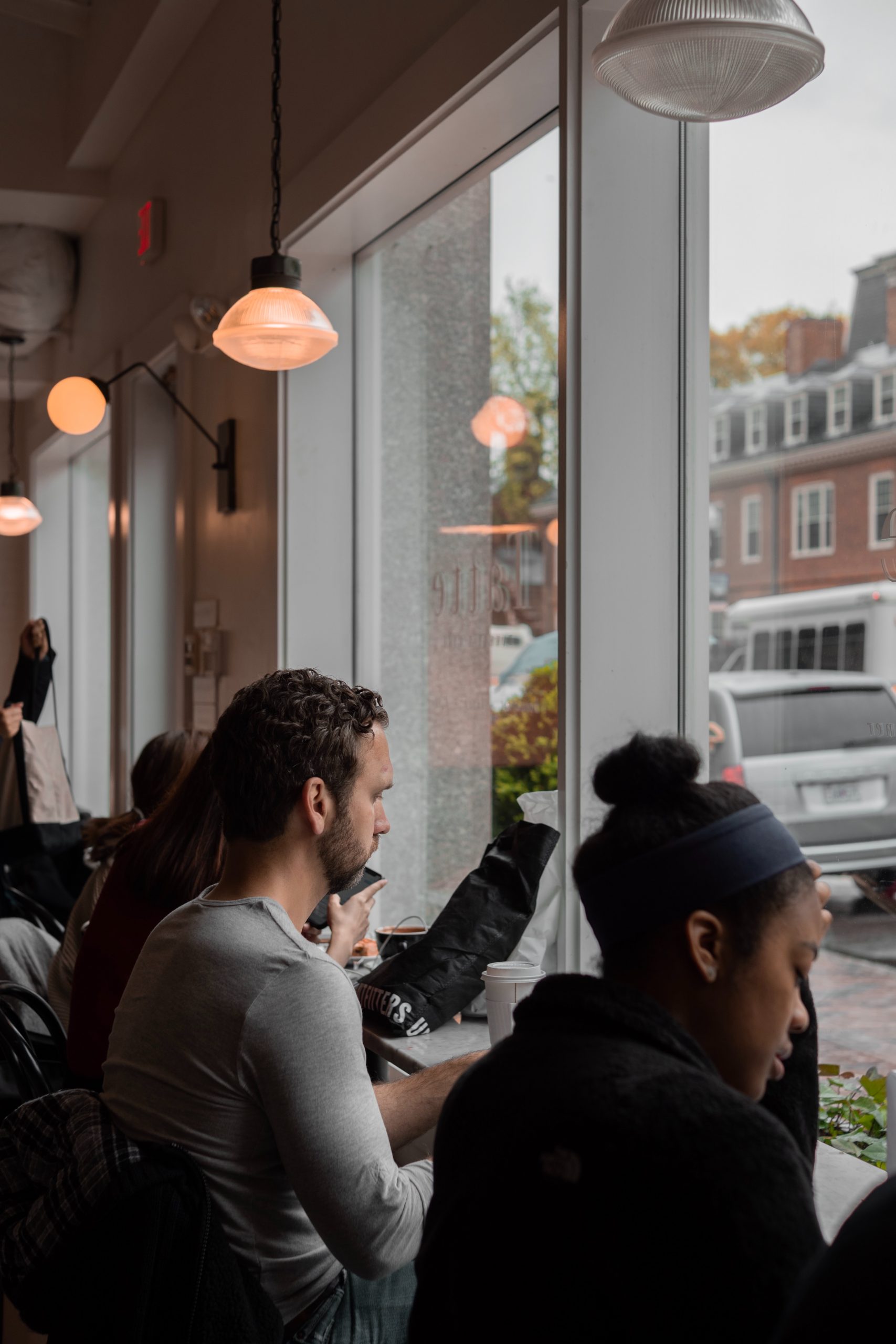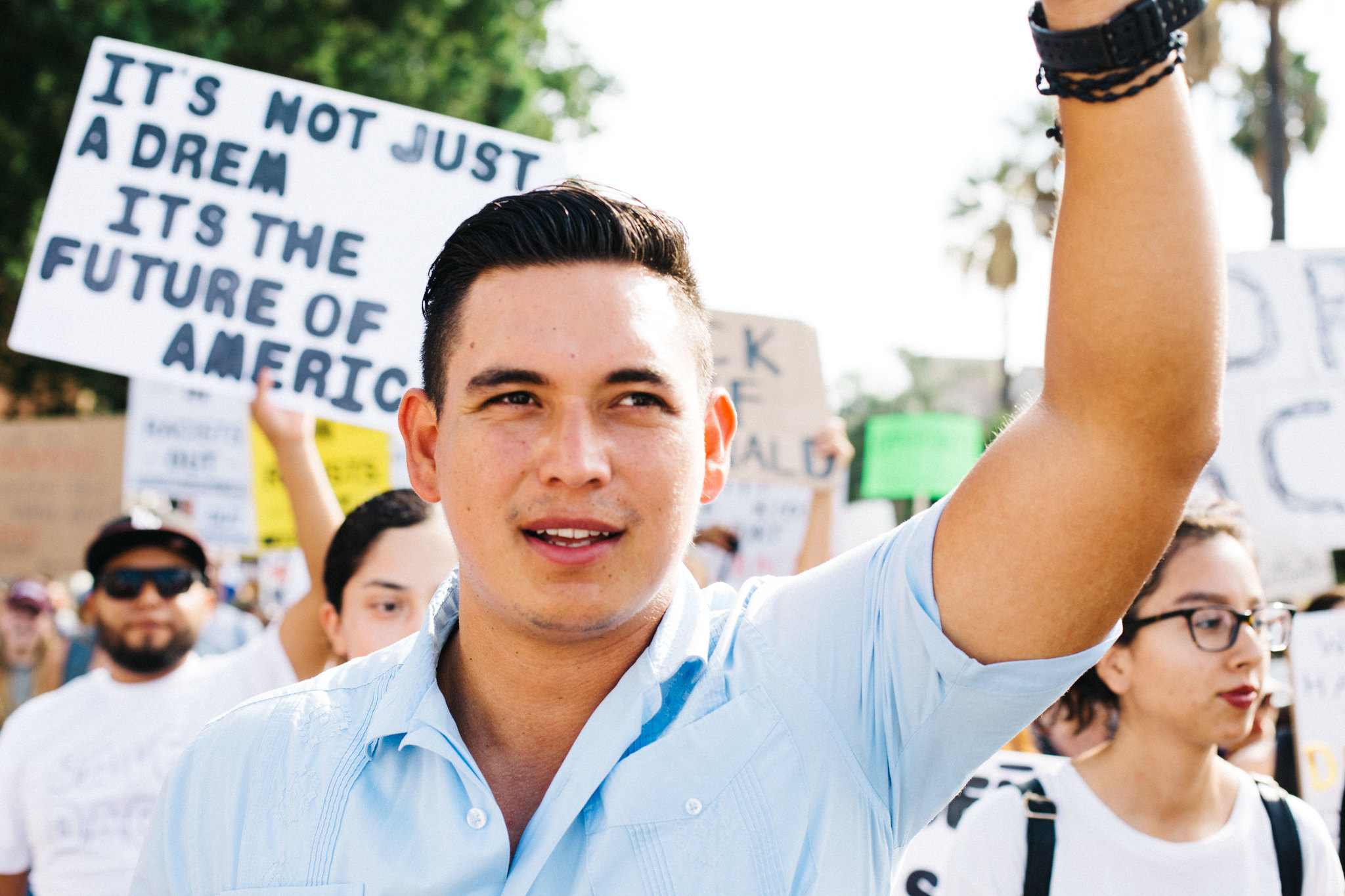We are very happy to announce a recent federal court ruling that grants DV-2020 diversity visa lottery winners the ability to apply for and obtain their immigrant visas.
Following the issuance of Presidential Proclamation 10014 on April 22, 2020 (which suspended the entry of all immigrants into the United States for a period of two months, except for limited classes of individuals) our office received an outpouring of emails, messages, and phone calls from readers asking whether DV-2020 lottery winners qualified for an exception, allowing them to apply for and obtain a DV immigrant visa before the September 30, 2020 deadline.
Unfortunately, we did not have any good news. The April 20th proclamation meant that DV-2020 lottery winners would have to wait for the ban to be lifted in order to apply for their visas. Then two months later, the President issued Proclamation 10052, further extending the visa ban until December 31, 2020. Rightfully so, this action caused anger among lottery winners, because it meant that DV-2020 lottery winners would not be able to apply for their visas by the deadline, and would lose out on the opportunity to receive an immigrant visa. For many this was a devastating realization.
In response, hundreds of DV-2020 lottery winners banded together and filed the lawsuit Gomez, et al. v. Trump, et al. against the government seeking an injunction to prevent the government from enforcing the Proclamations against DV lottery winners.
On September 4, 2020, their demands were answered. Federal Judge Mehta has issued a set of orders granting DV-2020 lottery winners a preliminary injunction which stops the government from applying the Proclamations against them. Unfortunately, however the judge’s order only grants relief to DV-2020 lottery winners and does not grant relief to non-DV immigrant visa applicants. We would like to remind our readers that the Judge’s orders are temporary and have been issued to prevent further injury to DV-2020 lottery winners, while the lawsuit comes to a final resolution through the court system.
 Visa Lawyer Blog
Visa Lawyer Blog











